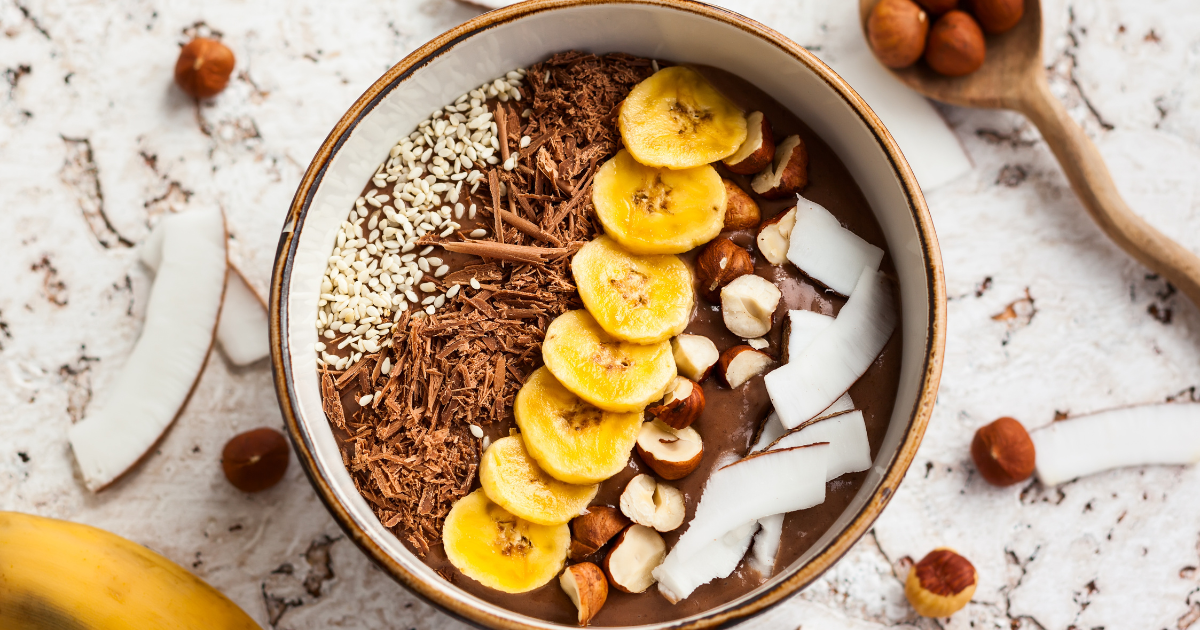5 Tips To Boost Your Physical Energy & Decrease Fatigue
Are you often feeling drained, lacking the energy to power through your day? You’re not alone! In our busy lives, fatigue can feel like an unwelcome companion. However, you can take steps to boost your physical energy and keep fatigue at bay. Here are five dynamic strategies to help you reclaim your vitality and stay energized throughout the day.

1. Fuel Up with Energizing Foods
What you eat directly influences your energy levels. Here’s how to choose the right foods:
- Go for Complex Carbohydrates: Foods like whole grains, legumes, and sweet potatoes provide a steady release of energy. Unlike refined carbs, which can cause spikes and crashes in blood sugar, complex carbs keep you feeling full and energized longer.
- Incorporate Protein: Lean proteins such as chicken, fish, beans, and tofu help build and repair muscles and are essential for sustained energy. Pairing protein with complex carbs, like quinoa with black beans, can provide a balanced meal that fuels your day.
- Snack Smart: Instead of sugary snacks that lead to crashes, choose energy-boosting snacks like a handful of nuts, Greek yogurt with berries, or sliced apples with almond butter. These options provide a mix of healthy fats, protein, and fiber, helping to stabilize blood sugar levels.
- Try These Energizing Recipes:
- Green Smoothie: Blend spinach, banana, almond milk, and a scoop of protein powder for a nutrient-packed breakfast.
- Overnight Oats: Combine oats, chia seeds, Greek yogurt, and your favorite fruits. Let it sit overnight for an easy, energizing breakfast.

2. Hydrate, Hydrate, Hydrate!
Dehydration is a common culprit behind fatigue. Here’s how to ensure you’re staying properly hydrated:
- Set a Daily Water Goal: Aim for at least 8-10 glasses of water per day. Keep a water bottle with you to track your intake.
- Infuse Your Water: If plain water bores you, infuse it with fresh fruits, herbs, or vegetables. Try combinations like cucumber-mint or lemon-ginger for a refreshing twist.
- Recognize the Signs of Dehydration: Symptoms can include dry mouth, fatigue, dizziness, and headaches. If you notice these signs, increase your water intake immediately.
- Hydrating Foods: Incorporate water-rich foods like cucumbers, watermelon, oranges, and leafy greens into your meals and snacks.

3. Move Your Body
Exercise might seem daunting when you’re tired, but it’s a powerful energy booster. Here’s how to get moving:
- Find Activities You Enjoy: Whether it’s dancing, hiking, cycling, or a brisk walk, find something fun that keeps you active. Enjoyment is key to consistency.
- Set Realistic Goals: Start with short bursts of activity, such as 10-15 minutes a day, and gradually increase. Aim for at least 150 minutes of moderate-intensity exercise per week.
- Incorporate Movement into Your Day: Take the stairs instead of the elevator, go for a walk during your lunch break, or stretch for a few minutes every hour if you work at a desk.
- Exercise Breaks: Schedule short exercise breaks throughout your day. A quick walk or a few stretches can reinvigorate you.

4. Prioritize Sleep and Rest
Quality sleep is vital for maintaining energy levels. Here’s how to improve your sleep hygiene:
- Create a Sleep Schedule: Go to bed and wake up at the same time every day, even on weekends, to regulate your body’s internal clock.
- Design a Relaxing Bedtime Routine: Incorporate calming activities like reading, listening to soothing music, or practicing gentle yoga before bed to signal your body that it’s time to wind down.
- Limit Screen Time: Reduce exposure to screens at least an hour before bed. The blue light emitted by phones, tablets, and computers can interfere with your sleep.
- Create a Sleep-Friendly Environment: Ensure your bedroom is dark, quiet, and cool. Consider blackout curtains, earplugs, or a white noise machine to enhance your sleep quality.

5. Mindfulness and Stress Management
Stress is a significant energy drain. Here are ways to manage stress effectively:
- Practice Mindfulness: Engage in mindfulness practices like meditation, deep breathing, or progressive muscle relaxation to reduce stress and enhance mental clarity. Apps like Headspace or Calm can guide you through these practices.
- Take Breaks: Short breaks throughout the day can help clear your mind and rejuvenate your energy. Step outside for fresh air or practice a few minutes of stretching to re-energize.
- Connect with Nature: Spend time outdoors to lower stress levels. Nature walks can boost your mood and improve overall well-being.
- Journaling: Writing down your thoughts and feelings can help release pent-up stress and clarify your mind. Try keeping a gratitude journal to shift your focus to the positive aspects of your life
Reclaiming your energy doesn’t have to be complicated. By making simple yet effective lifestyle changes—like nourishing your body with the right foods, staying hydrated, moving regularly, prioritizing quality sleep, and managing stress—you can combat fatigue and embrace a vibrant life. Start small: choose one or two tips to implement today, and watch as your energy levels soar!
“More Energy” Salads



More Recipes You Will Love
“More Energy” Smoothies




